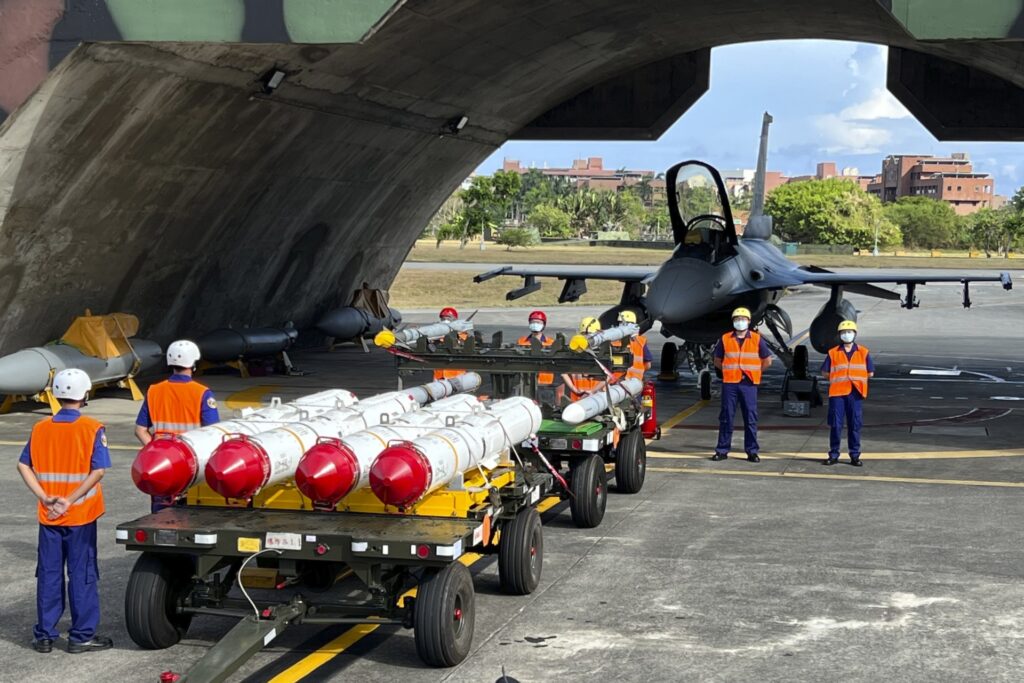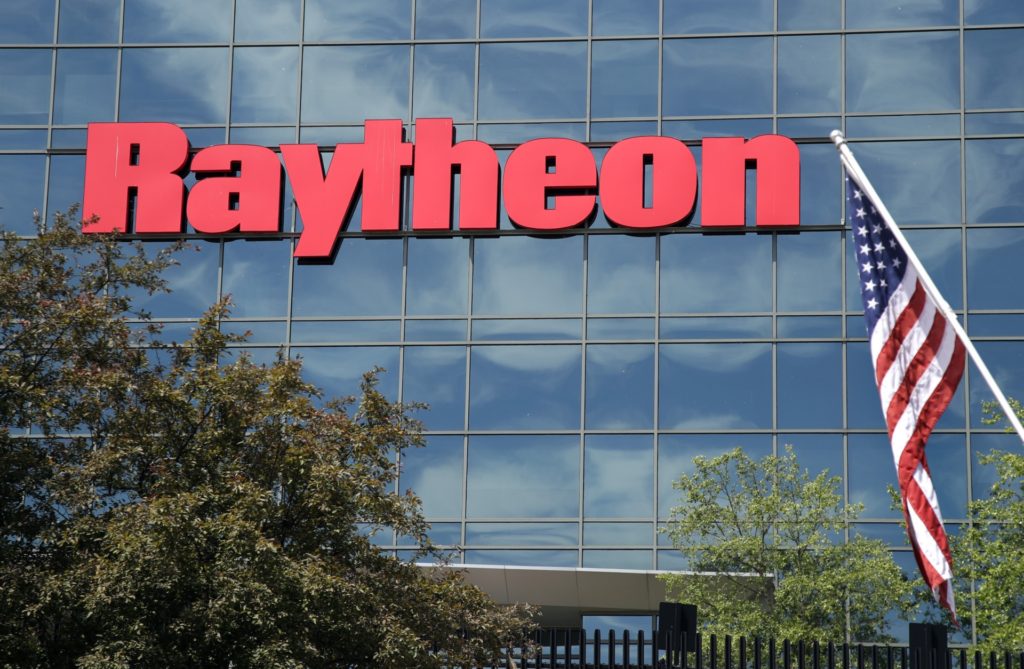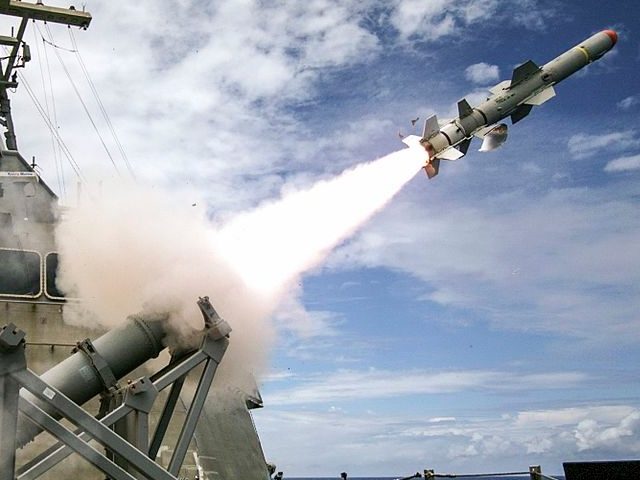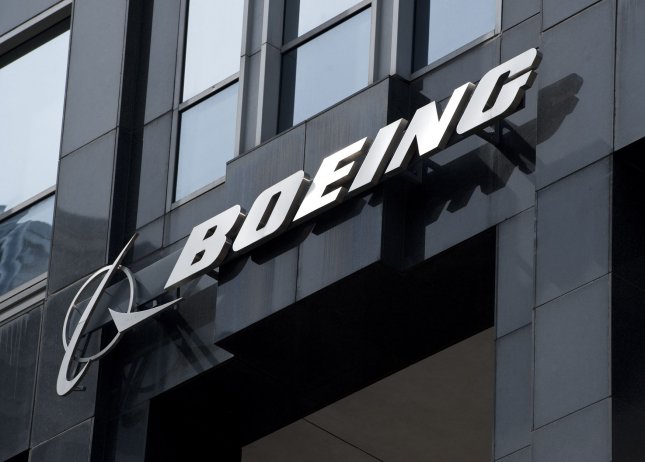The Chinese Foreign Ministry on Friday announced sanctions against Boeing Defense CEO Ted Colbert and Raytheon CEO Gregory Hayes for their role in U.S. arms sales to Taiwan, which supposedly “violate the One China principle” and “gravely undermine China’s sovereignty and security interests.”
The U.S. State Department approved a $1.1 billion arms sale to Taiwan on September 2. The package included logistical support for Taiwanese radar systems, 60 Harpoon anti-ship missiles produced by Boeing at a plant in Missouri, and 100 Sidewinder multi-role missiles produced by Raytheon in Arizona.
The Harpoon has become one of the world’s premiere surface-skimming ship-killer missiles, although it was originally developed as an anti-submarine weapon. Taiwan uses them as mobile coastal defense weapons, with plans to add its own indigenously-developed Hsiung Feng missiles in the near future. The Sidewinder is commonly used as an air-to-air missile and can be carried for that purpose by the fighter jets in Taiwan’s inventory.
The State Department said the Harpoons and Sidewinders were “essential for Taiwan’s security” and would help it “maintain a credible defensive capability.” The sale was seen as particularly urgent after China’s temper-tantrum military drills around Taiwan in the wake of House Speaker Nancy Pelosi’s visit in early August.

Military personnel stand next to Harpoon A-84, anti-ship missiles and AIM-120 and AIM-9 air-to-air missiles prepared for a weapon loading drills in front of a F16V fighter jet at the Hualien Airbase in Taiwan’s southeastern Hualien county on Wednesday, Aug. 17, 2022. (AP Photo/Johnson Lai)
The Chinese Communist government immediately demanded the U.S. cancel its arms sale to Taiwan. Since that did not happen, Chinese Foreign Ministry spokeswoman Mao Ning announced sanctions against the Boeing and Raytheon CEOs on Friday.

An American flag flies in front of the façade of Raytheon’s Integrated Defense Systems facility, in Woburn, Mass on June 10, 2019. (AP Photo/Elise Amendola)
“China once again urges the U.S. government and relevant parties to abide by the one-China principle and the provisions of the three China-U.S. joint communiqués, stop arms sales to Taiwan and military contact with Taiwan, and stop creating factors that could lead to tensions in the Taiwan Strait,” Mao said.
“China will continue to take all necessary measures in light of the situation to firmly defend its own sovereignty and security interests,” she added.
Mao did not specify what the sanctions would entail. Reuters noted on Friday that Boeing and Raytheon have no military contracts with China, but “both have robust commercial aviation businesses there.” Both companies have previously been sanctioned by China for selling arms to Taiwan, but individual executives have not previously been targeted.
“U.S. defense procurement rules generally prohibit Chinese-origin content, so sanctions have had no impact on the U.S. military,” Reuters added.
On Thursday, before the sanctions against Colbert were announced by China, Boeing announced it would find new buyers for about 150 737 MAX passenger jets that were ordered by Chinese airlines.
The jets, valued at around $100 million each, could not be delivered because the Civil Aviation Administration of China has not recertified the 737 MAX to fly after grounding the planes in 2019 after two fatal crashes. China, the only country that has not recertified the 737 MAX to fly, claims the approval process was delayed by coronavirus lockdowns.


COMMENTS
Please let us know if you're having issues with commenting.